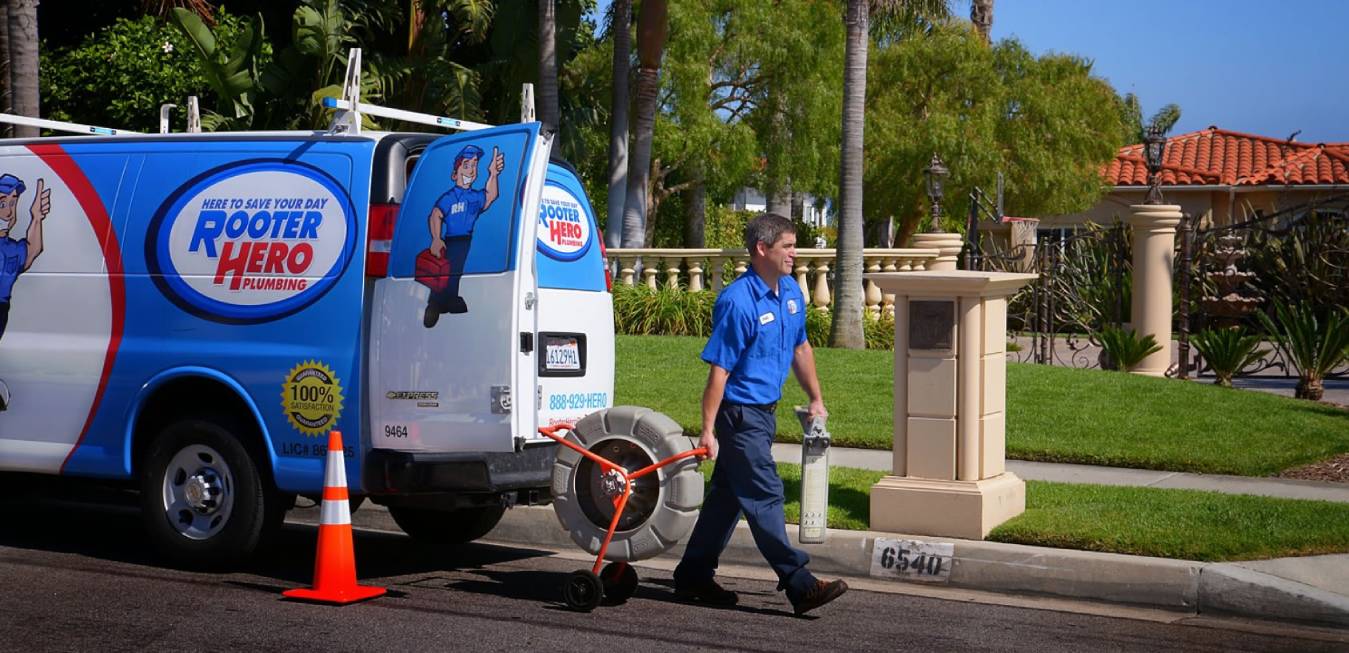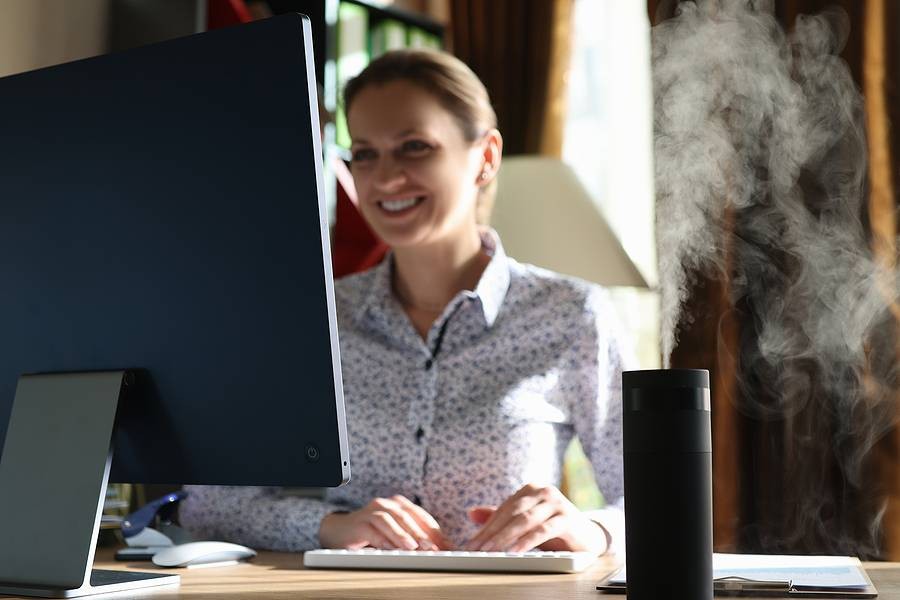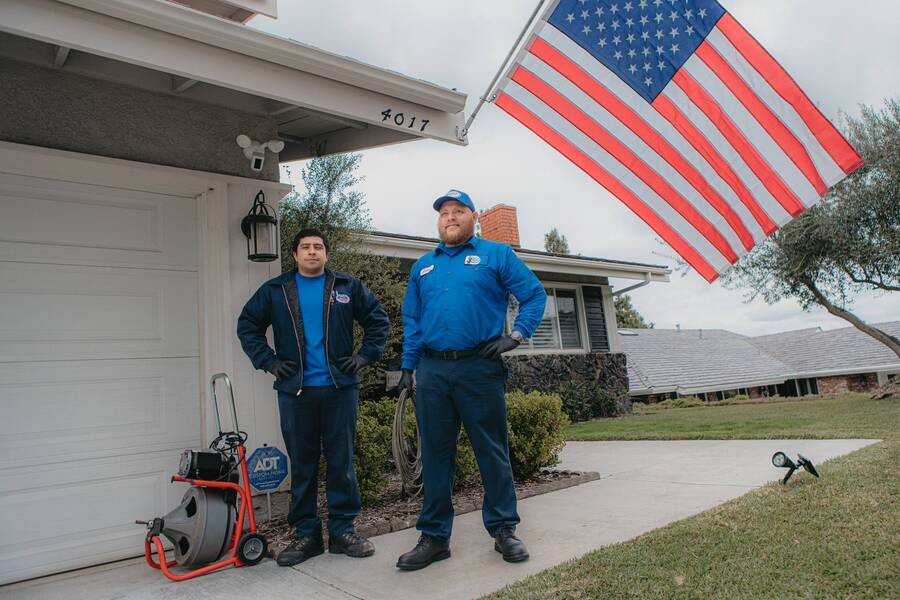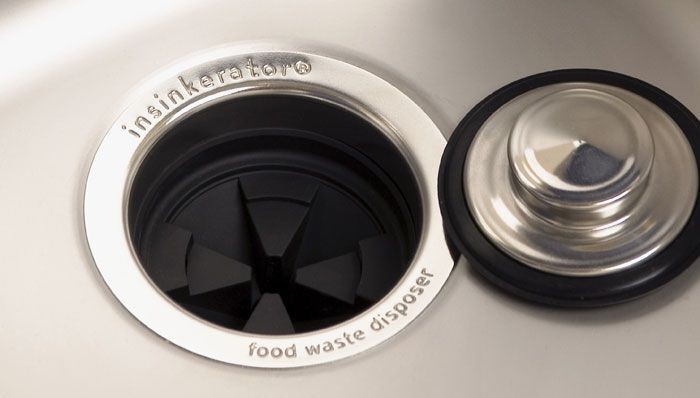
How Your Hard Water Is Affecting Your Plumbing
The quality of the water at your house has a direct effect on energy costs. Did you know that some estimates suggest that just one-eighth of an inch hard water can lead 33% rise in energy consumption? Why does hard water have such a drastic effect on your energy bills? Hard water contains calcium and magnesium. When these two elements mix together in your water pipes or plumbing appliances like a water heater, limescale forms. Limescale requires more energy to heat than regular, clear water. Let’s take a moment to examine exactly how limescale affects the plumbing in your home.
Water Pipes
Hard water restricts water flow. If you have PVC or copper piping, the problem may not be as bad. However, homes with steel piping are highly susceptible to water flow interruption. The result is low water pressure throughout the house. When hard water sits inside the pipes for long periods of time, the pipe can break down and pipe replacement may be necessary. Replacing water pipes is not a cheap repair. It can cost thousands of dollars depending on the location of the pipe, the amount of pipe to be replaced, the replacement materials, and the labor costs associated with the installation.
Faucets
Water that is trapped in faucets, valves, shower heads, and plugs will cause limescale buildup to occur at a faster rate. Many times fixtures will clog even though the pipes to the fixtures are free of limescale. A slow dripping faucet may be a sign of limescale buildup. Not only is the dripping faucet costing you money in water costs, the hard water can stain the sink’s bowl and the faucet’s rubber washers may deteriorate reducing the faucet’s water tightness.
Valves
Valves are found on all types of appliances from washing machines and dishwashers to ice-makers and even built-in coffee makers. All it takes is a small amount of limescale to form beneath the valves for problems to ensure. Damage to appliances can be costly to repair and, in some cases, replacement may be the only option.
Water Heaters
Hard water is especially brutal on water heaters. It doesn’t take much for mineral deposits to form inside a heater’s tank and damage its heating elements. Limescale forms a barrier making it harder for the elements to heat the water and this adversely affects the unit’s energy efficiency. Hard water also shortens the heater’s lifespan.
Hard Water Prevention
Hard water problems should be dealt with swiftly. While you may not be able to control the hard water coming into your home’s water pipes, there are ways to stop the flow of hard water through your home. Installing a whole-house filtration system or purchasing a water softener are two ways to treat hard water and stop limescale from ruining your plumbing system. Filtration and softening systems vary in price and efficiency. While some water softeners may only cost $400, whole-house filtration systems can cost as much as a couple of thousand dollars to install. While this may seem like a large expense, keep in mind that you’ll be saving money in the long run. You’ll have fewer plumbing repairs for damaged fixtures. You’ll minimize the threat of premature water heater failure and pipe replacement. The first step toward improving your water quality is calling for water testing. Give Rooter Hero Plumbing a call and we’ll work with you to bring softer water into your home for a better experience.






